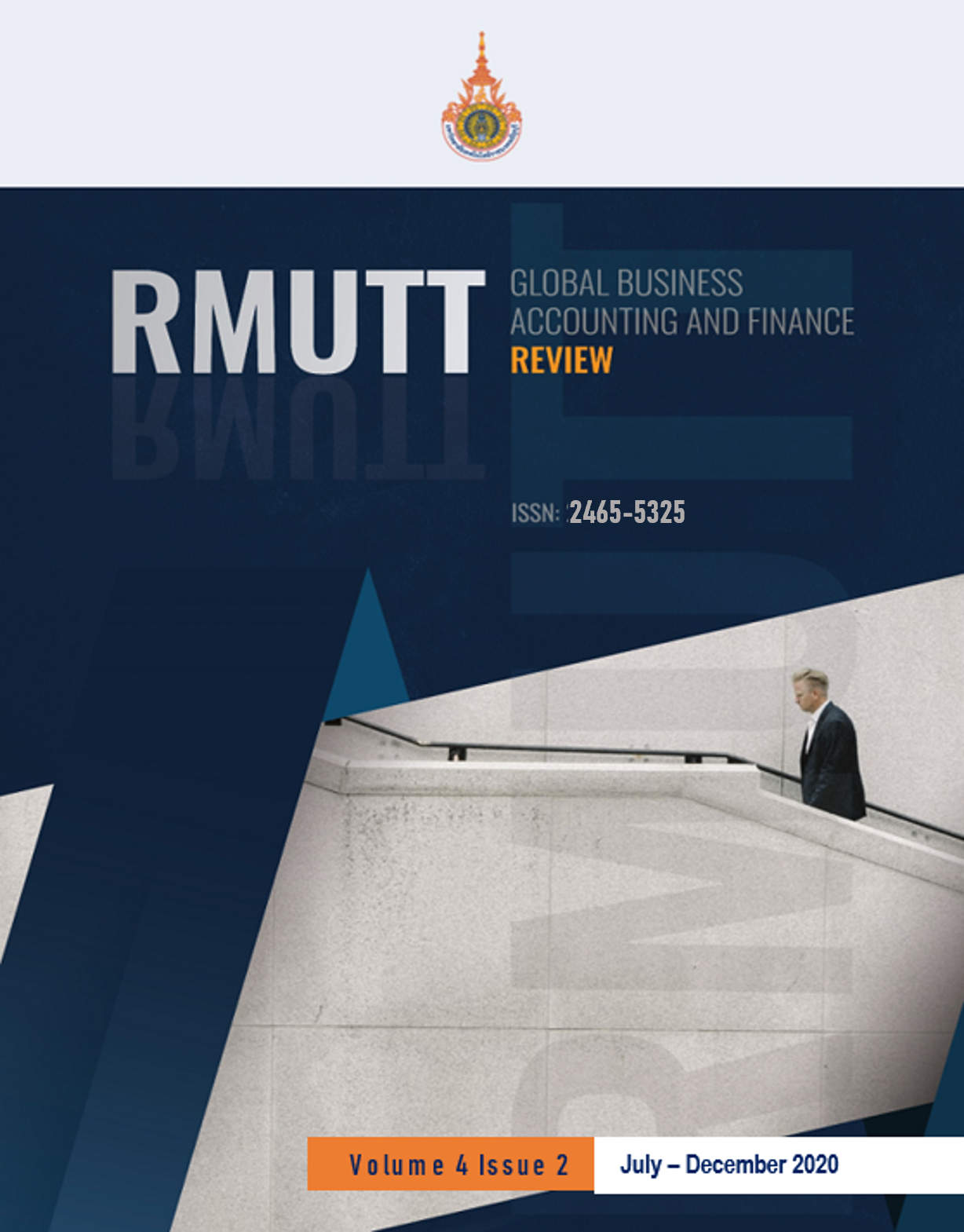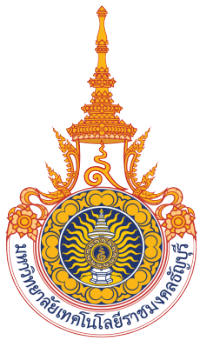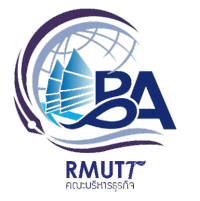THE EFFECT OF EMPLOYEE WELFARES MANAGEMENT ON EMPLOYEE PERFORMANCE OF AN ANONYMOUS ELECTRONIC COMPANY IN THAILAND 4.0 ERA
Keywords:
Recreation Welfares, Education Welfares, Accommodation Welfares, Economics Welfares, Employee PerformanceAbstract
This research aimed at 1) comparing employee performance categorized by personal factors including gender, education, age, position, employment status, and monthly income, and 2) investigating the effect of employee's welfare management on employee performance of an anonymous electronic company in Thailand 4.0 era. The samples used in this research were of 300 employees working in an anonymous electronic company. Questionnaire was used to collect data. The statistics used for data analysis included frequency, percentage, mean, standard deviation, t-test, One-Way ANOVA and multiple linear regression at the statistically significant level as of 0.05. The results showed that the employees had opinion towards employee welfare in terms of recreation and learning aspects in moderate level and accommodation and economics aspects in high level. In addition, they had opinion towards employee’s performance in terms of personal performance and work performance in high level. The hypothesis testing resulted that employees with different educational level, age, working status, working position and monthly income had different opinion towards employee performance. Moreover, the multiple regression analysis showed that the employees’ welfares in terms of recreation, education, accommodation, and economics affected work performance at the statistically significant level as of 0.05. The result of this study can help the managerial committee members of the organization to manage the welfares for the employees in order to increase the organizational performance.
References
Chaimongkol, N., Chienwattanasook, K., Onputtha, S., Sookwilai, N., & Pongwang, N. (2018). Employees’ Job satisfaction and employees’ desirable behavior affecting employees’ work performance: a case of Christiani & Nielsen (Thai) Public Company Limited. Journal of Interdisciplinary Research: Graduate Studies, 7(2), 105-117.
Balouch, R., & Hassan, F. (2014). Determinants of job satisfaction and its impact on employee performance and turnover intentions. International journal of learning and development, 4(2), 120-140.
Chandola, T. (2010). Stress at work. British Academy Policy Centre.
Chen, Y. C., Wang, W. C., & Chu, Y. C. (2010). Structural investigation of the relationship between working satisfaction and employee turnover. The Journal of Human Resource and Adult Learning, 6(1), 41-50.
Chienwattanasook, K., Onputtha, S., & Fugkum, S. (2018). Relationship among Leadership Styles, Fellowship Styles and Organizational Commitment of Employees. Journal of Interdisciplinary Research: Graduate Studies, 7(1), 25-34.
Elci, M., Şener, İ., Aksoy, S., & Alpkan, L. (2012). The impact of ethical leadership and leadership effectiveness on employees’ turnover intention: The mediating role of work related stress. Procedia-Social and Behavioral Sciences, 58, 289-297.
Gallie, D., Zhou, Y., Felstead, A., & Green, F. (2012). Teamwork, skill development and employee welfare. British Journal of Industrial Relations, 50(1), 23-46.
Hajiar, S. T. (2014). A statistical study to develop a reliable scale to evaluate instructors within
Hameed, A., & Waheed, A. (2011). Employee development and its affect on employee performance a conceptual framework. International journal of business and social science, 2(13). 224-229.
Hanaysha, J., & Tahir, P. R. (2016). Examining the effects of employee empowerment, teamwork, and employee training on job satisfaction. Procedia-Social and Behavioral Sciences, 219, 272-282.
Hassan, M. A. (2014). Employee welfare programmes: Panacea towards improving labour productivity in the service sector in Nigeria. Mediterranean Journal of Social Sciences, 5(10), 78-81.
higher institution. WSEAS Transactions on Mathematics, 13, 885-894.
Keitany, B. J. (2014). Perceived relationship between employee welfare programs and employee performance at Kenya Pipeline Company (Doctoral dissertation, University of Nairobi).
Parvin, M. M., & Kabir, M. N. (2011). Factors affecting employee job satisfaction of pharmaceutical sector. Australian Journal of Business and Management Research, 1(9), 113-123.
Pawirosumarto, S., Sarjana, P. K., & Muchtar, M. (2017). Factors affecting employee performance of PT. Kiyokuni Indonesia. International Journal of Law and Management, 59(4), 602-614.
Shahid, M. N., Latif, K., Sohail, N., & Ashraf, M. A. (2011). Work stress and employee performance in banking sector evidence from district Faisalabad, Pakistan. Asian Journal of Business and Management Sciences, 1(7), 38-47.
Shahzadi, I., Javed, A., Pirzada, S. S., Nasreen, S., & Khanam, F. (2014). Impact of employee motivation on employee performance. European Journal of Business and Management, 6(23), 159-166.
Sinjaru, T. (2008). Research and Statistics Analysis with SPSS. Bamgkok: V Inter Print.
Tiwari, U. (2014). A Study On Employee Welfare Facilities And Its Impact On Employees Efficiency At V Indha Telelinks Ltd. Rewa (MP) India. Abhinav International Monthly Refereed Journal of Research in Management & Technology, 3(11), 1-7.









